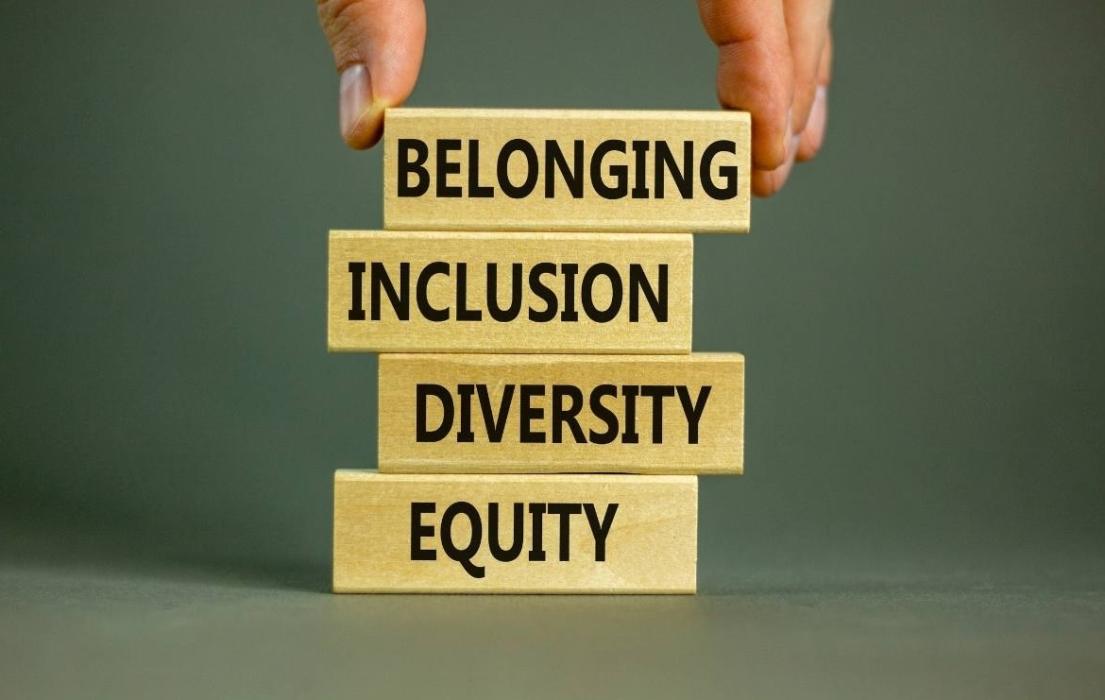
Navigating Difficult Conversations with Confidence
Everyone knows that sinking feeling when a conversation suddenly becomes tense: opinions collide, emotions rise, and the pressure to say the right thing feels overwhelming. Handling these important conversations effectively requires skill and courage, especially when you care deeply about the relationships involved. These conversations often happen between team members, colleagues, or managers, people you work with regularly and need to maintain long-term relationships with.
In every organization, the ability to manage difficult conversations directly affects team morale, productivity, and overall success. When important conversations go poorly or are avoided entirely, misunderstandings multiply, trust erodes, and unresolved issues stall progress. Yet, when handled skillfully, these conversations become opportunities to strengthen relationships, promote collaboration, and create lasting change.
This workshop provides the tools to successfully approach these challenging conversations confidently and clearly. Through practical techniques and interactive exercises, you’ll develop strategies for managing emotions, clearly expressing your ideas, and fostering open, honest dialogue, even under pressure. You’ll practice transforming potentially divisive discussions into productive interactions, encouraging mutual understanding and effective problem solving.
After this workshop, you’ll approach important conversations knowing you have the skills to handle them effectively. You’ll contribute directly to building a workplace culture grounded in trust, accountability, and transparency, benefiting your team and organization beyond individual conversations.

- Recognize when important conversations are necessary and understand their impact on workplace relationships and results.
- Share your perspective clearly while showing respect for other points of view.
- Manage your emotional responses during challenging discussions.
- Create an environment that encourages honest, open dialogue without fear of negative consequences.
- Deliver feedback and difficult messages professionally, preserving trust and strengthening workplace relationships.
- Use active listening techniques to uncover underlying issues and address them proactively.
- Use collaborative problem-solving to build stronger teams and long-term solutions.

This workshop is ideal for leaders, supervisors, project managers, HR professionals, and anyone who regularly responds to complex team relationships or challenging interpersonal situations. It's also well-suited for individuals who want to feel more grounded and effective when discussions take an unexpected turn or when addressing sensitive topics.
You should attend if you
- Are responsible for managing teams or projects and must guide tough conversations with clarity and care
- Find yourself avoiding difficult discussions out of concern for conflict or unintended consequences
- Want to feel more confident expressing your perspective without shutting others down
- Often serve as a go-between for differing opinions and want to promote better understanding
- Are looking to build stronger, trust-based communication habits across your workplace
- Want practical tools to handle emotionally charged situations with professionalism and empathy
After this session, you’ll be more prepared to step into conversations that matter. You’ll be able to speak with greater clarity, manage emotions more calmly, and help create an environment where people can be honest, even when the topic is hard to raise.

This workshop offers a supportive environment to examine and improve your approach to challenging conversations. You’ll reflect on personal experiences, discuss common barriers with peers, and use practical tools to prepare for difficult topics. Activities include structured group conversation, scenario analysis, and guided self-assessment, giving you space to think through your own responses and build strategies for real-life situations. Throughout the session, you’ll have opportunities to test new language, get feedback, and develop a personalized plan for future conversations.
You’ll receive a workbook with conversation planning guides, self-reflection prompts, and practical strategies to use after the session.
Workshop activities include
- Analyzing scenarios and identifying patterns in difficult conversations
- Reflecting on personal experiences and communication habits
- Practising ways to clarify intent and manage emotions
- Engaging in group discussions of approaches to challenging situations
- Planning language and responses for future conversations
- Sharing ideas and feedback in a supportive group
- Creating a personal action plan





